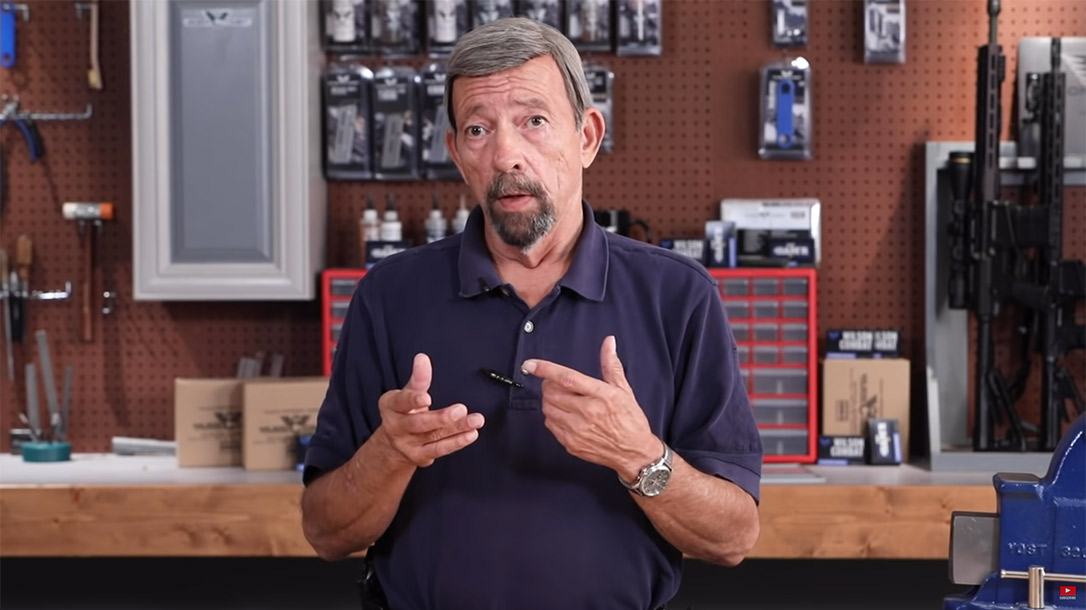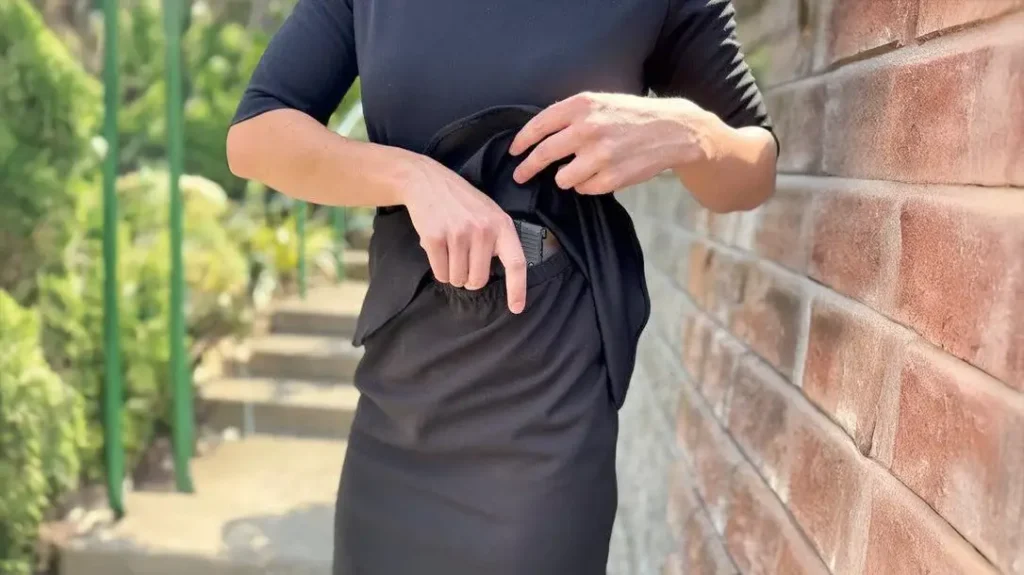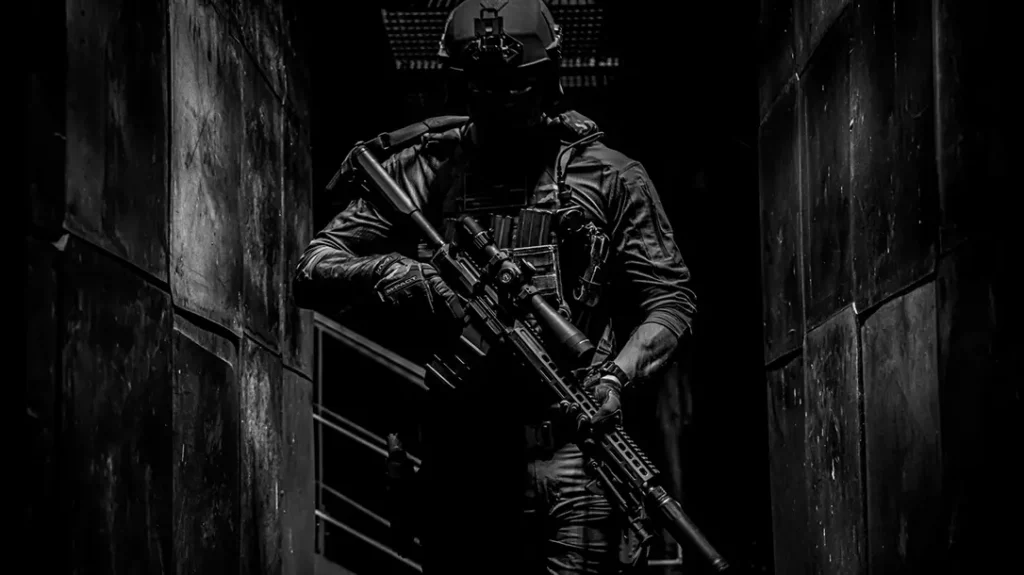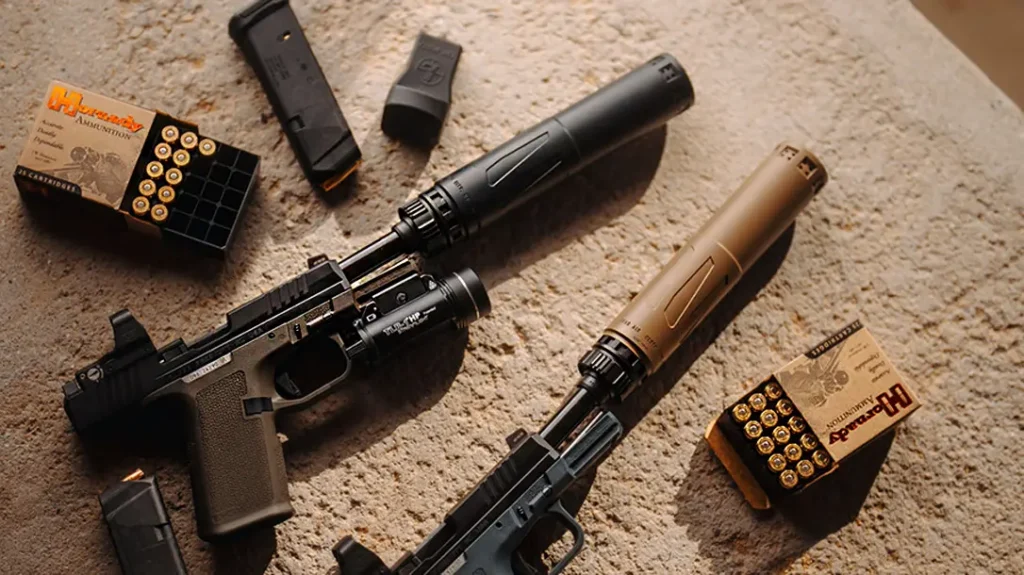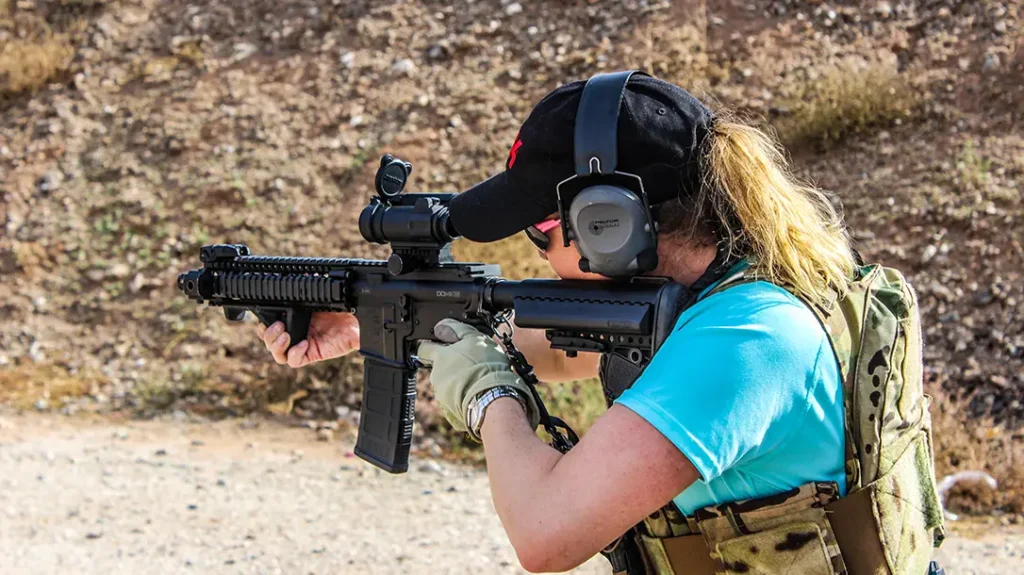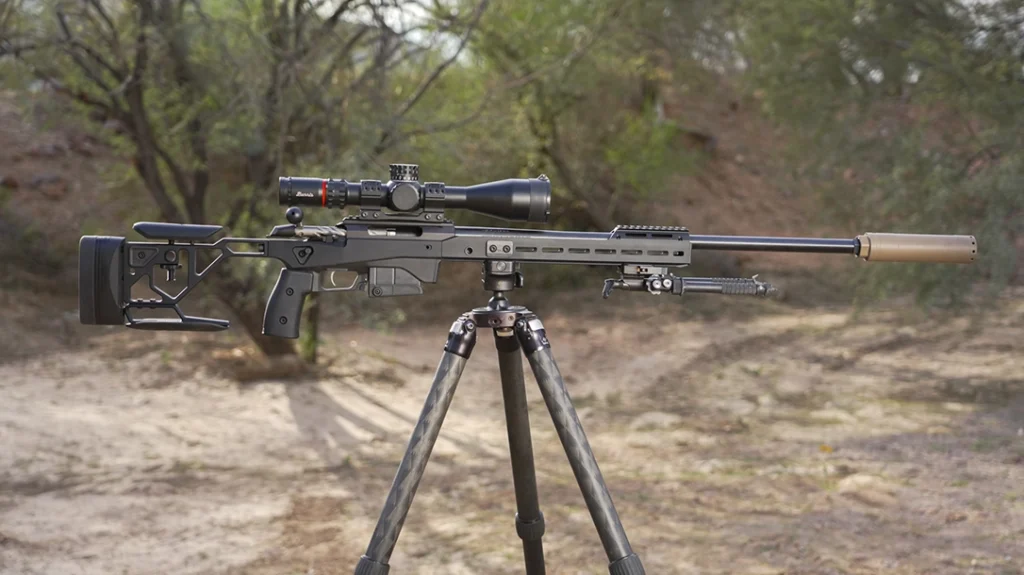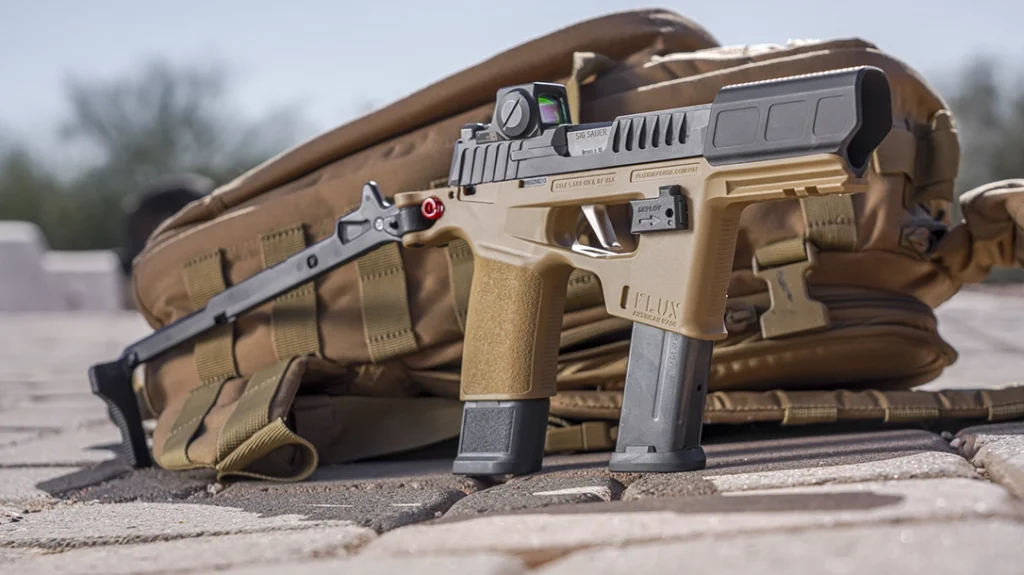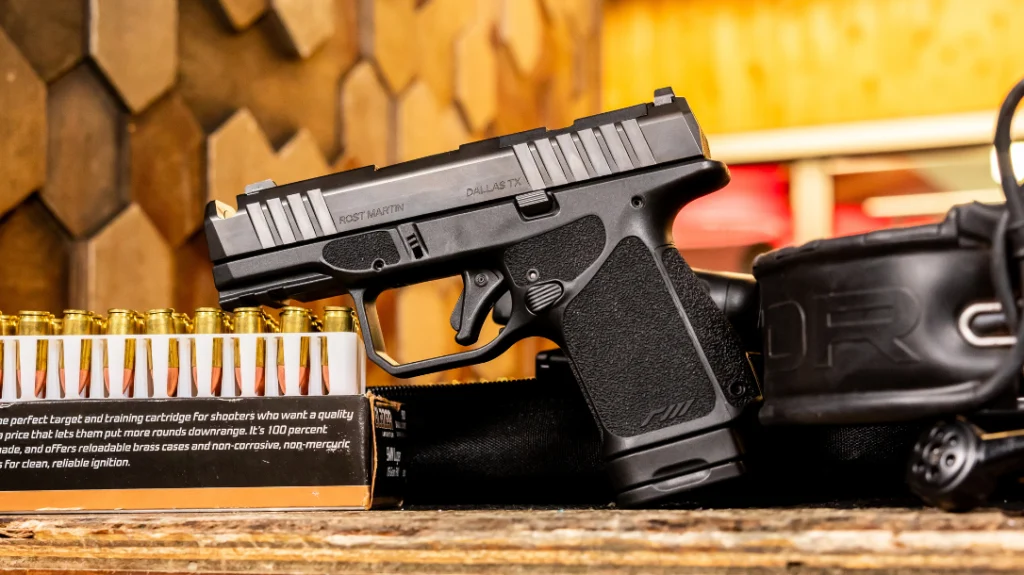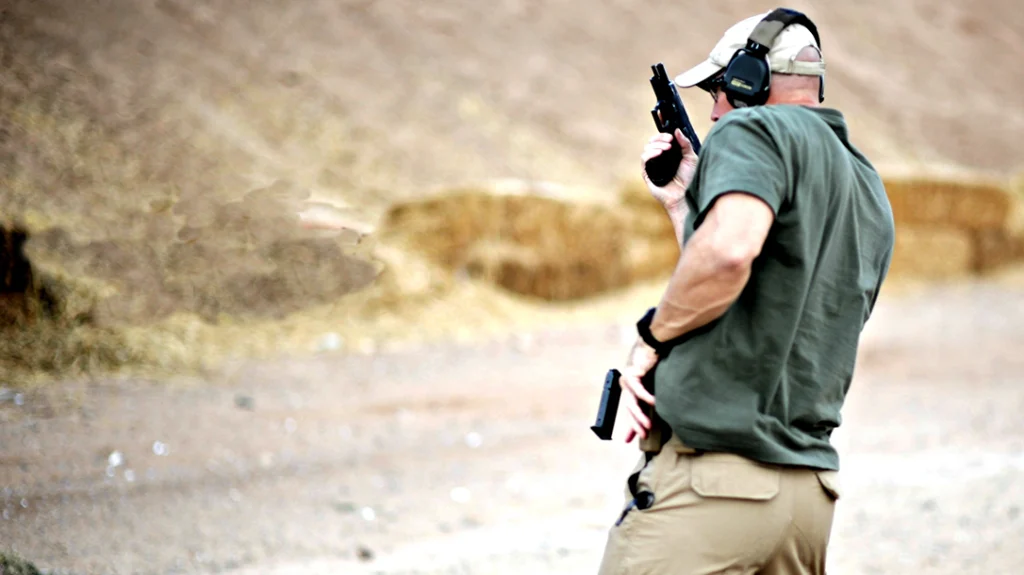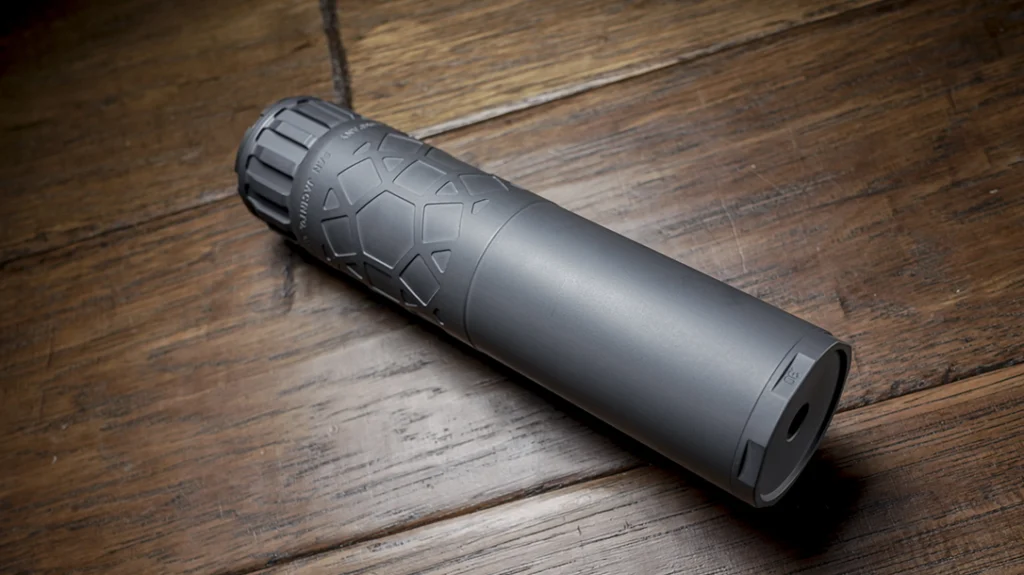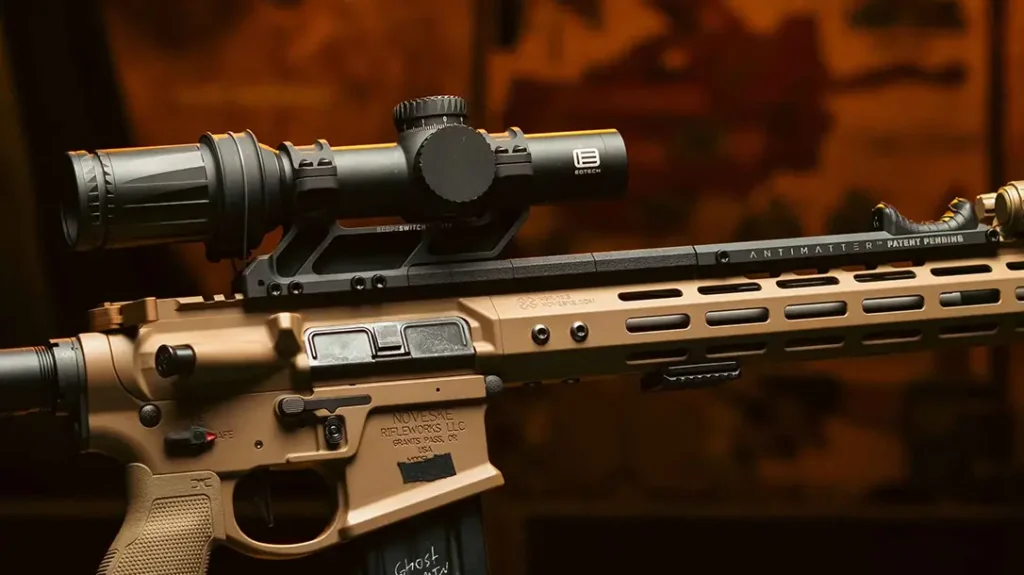As many of us know, rights come with responsibility. Whether legal responsibilities or just common sense adulting, the ability to self-govern is essential to a free society. Likewise, carrying a concealed firearm comes with immense responsibility. To ourselves and our fellow citizens—not to mention law enforcement. So, what is the best course of action when you get pulled over while carrying concealed? Massad Ayoob sheds some light on the subject.
What To Do If Pulled Over While Carrying Concealed
Getting pulled over has a way of really bringing down your day. However, depending on your state, if you are carrying concealed it could get a lot worse if handled improperly. For this reason, it is important to understand the best practices for dealing with concealed carry during a traffic stop. Although it should have been discussed in your CPL/CCW class, a refresher from time to time is a good thing.
Advertisement — Continue Reading Below
1. Required to Notify the Police?
It is important to keep up to date with local and state laws regarding the concealed carry of a firearm. HandgunLaw.us keeps up-to-date records of state laws and maintains monthly contact with state Attorneys General around the country. They will notify you of any changes in state law.
Ayoob states, “Some states actually require you to notify police when you’re carrying a gun. Michigan, for example. Texas. Some states don’t, but the issuing authorities for the carry permits are tied in with the Department of Motor Vehicles. Any competent police officer is going to run your license tag over the radio before they make the stop. They will be notified in those states that the vehicle they are about to stop is registered to an individual who’s licensed to carry.”
It is important to remember that most officers are already aware that you are carrying. Even in states that do not require you to notify police, some will view it as deception by omission if you don’t. Although you have broken no law, they may not go as easy on you.
Advertisement — Continue Reading Below
2. Concealed Carry Permit
Whenever traveling, it is a good habit to keep your CPL/CCW with your license to avoid absentmindedness. Likewise, if you are crossing state lines, even inadvertently, you want to be sure to avoid confusion at the onset.
Ayoob goes on to suggest, “I’ve made it a habit wherever I am to keep the driver’s license and concealed carry permit right there together. When I hand over the driver’s license, registration, and proof of insurance, I’ll also hand over the concealed carry permit. And virtually every jurisdiction, but questionable in one, Michigan, that constitutes notifying the officer.”
If you are in a situation where the officer says, “sir would you please step out of the vehicle?” and you have not notified them yet, that would be the time to do so. However, it is best not to use statements like, “I’ve got a gun,” to notify the officer. That would be seen as a threatening statement.
Advertisement — Continue Reading Below
3. Handing Over the Gun
Although uncommon, there are cases where the officer requests that you take out the gun and hand it to them. But is it a good idea to do so?
According to Ayoob, “If they said that to me, I would keep my hands clutching the steering wheel. And here’s why. If the stop is taking place at night, even in a jurisdiction where the police normally travel one to a car, there’s always the possibility that there’s a Field Training Officer training a rookie. That means two to a car, and they’re generally not going to come up shoulder to shoulder. One will come up on the driver’s side, the other will approach on the passenger side.
“Now, you’re at the side of the road and you know what road traffic sounds like, particularly on a heavy traffic street. You are able to hear that officer because you’ve rolled down your window, you’re sitting here, he’s here. He hears you say, ‘I have a license to carry.’ You hear him say, ‘take it out and hand it to me.’ Which I would tell any officer, that’s a stupid thing to do.
Advertisement — Continue Reading Below
“Over on the other side of the car where the window’s closed and there’s all that traffic noise, you have the young rookie officer who can’t hear that conversation. All he knows is he sees your hand starting to do this [reaches for gun]. He perceives you as about to draw a gun on his alpha, the Field Training Officer, and he’s going to put a bullet behind your ear.”
Whether by his rookie or passersby, you don’t want it to look like you’re pulling a gun on a cop. Have them tell you what to do, then tell them where it is and let them take it.
4. Verbal Notification
As mentioned earlier, it is not good to use statements like “I’ve got a gun.” That could go south fast. Instead, try, “I am licensed to carry, and I have it on, tell me what you want me to do.”
Advertisement — Continue Reading Below
The important thing here is to avoid the word gun. Many law enforcement firearms training programs use “GUN!” as the command to draw and fire. Making sure to use the term “license” is important. It clearly states that you are a law-abiding citizen and have been checked out by the criminal justice system. As a result, you are approved to have a firearm.
5. Night-Time Tips
If the stop takes place at night, turn on your interior lights. This illuminates the interior of the vehicle and lets the officer know that you have nothing to hide. Likewise, turn off the engine. This shows that you are not going to flee or use the vehicle to injure the officer. Likewise, it prevents accidents, where the vehicle is accidentally placed in reverse instead of park, due to stress or nerves.
6. Attitude Test
It is common for an officer to ask, “do you know why I stopped you?” during a traffic stop. This is not a question; it is an attitude check. If you are cocky or smarmy, “if you don’t know then why did you stop me? Duh,” you fail the test.
Advertisement — Continue Reading Below
It is just habit to look at our speedometer when we see the lights. We know why we are being pulled over.
Ayoob suggests, “So, when you get that litmus test question, my advice to you is answer it with a refreshing honesty that the officer probably hasn’t seen in a long time.”
Tell them that you looked at the speedometer when you noticed them behind you and weren’t aware you were going that fast. Often, they will be so refreshed by your honesty that they will issue a verbal warning.
Advertisement — Continue Reading Below
7. Left-Handed
If you carry left-handed and also carry your wallet on the left side, let the officer know. Again, you begin by letting them know you are licensed and that you are carrying. But in this case, let the officer know you are carrying on your left hip. It’s also a good idea to keep the firearm somewhere that it doesn’t become visible when reaching for your wallet.
8. Unbuckling the Seatbelt
If there’s a reason you need to unbuckle your seatbelt and your pistol is on your right, notify the officer. There may be an unseen officer on the passenger side of the vehicle. If that officer sees what looks like you reaching for the gun, it could turn into a deadly scenario.
Notify the officer that you are licensed and have it on you but need to unbuckle your seatbelt. Let them know you will only use a couple fingers to press the button and then carefully and slowly proceed.
Advertisement — Continue Reading Below
9. The Glovebox
If you carry your proof of insurance and registration in the glovebox, don’t keep your pistol on top of them. If possible, keep your firearm and important vehicle operation documents separate. The last thing you want is for it to ever look like you are going for a gun. It may be the last thing you do.
10. Avoid Misunderstandings
Any interaction with law enforcement has the potential to go wrong, especially in the event of a misunderstanding. Ayoob suggests that you do not be the one that creates the misunderstanding. Out of the millions of police citizen contact every year only a few go bad through misunderstandings. However, each one is tragic and something we all want to avoid.
Put yourself in the position of the officer making the stop. Treat them how you would like to be treated. Or how you would like your son or daughter to be treated if they chose law enforcement as their profession.
Keep it real and stay safe.
